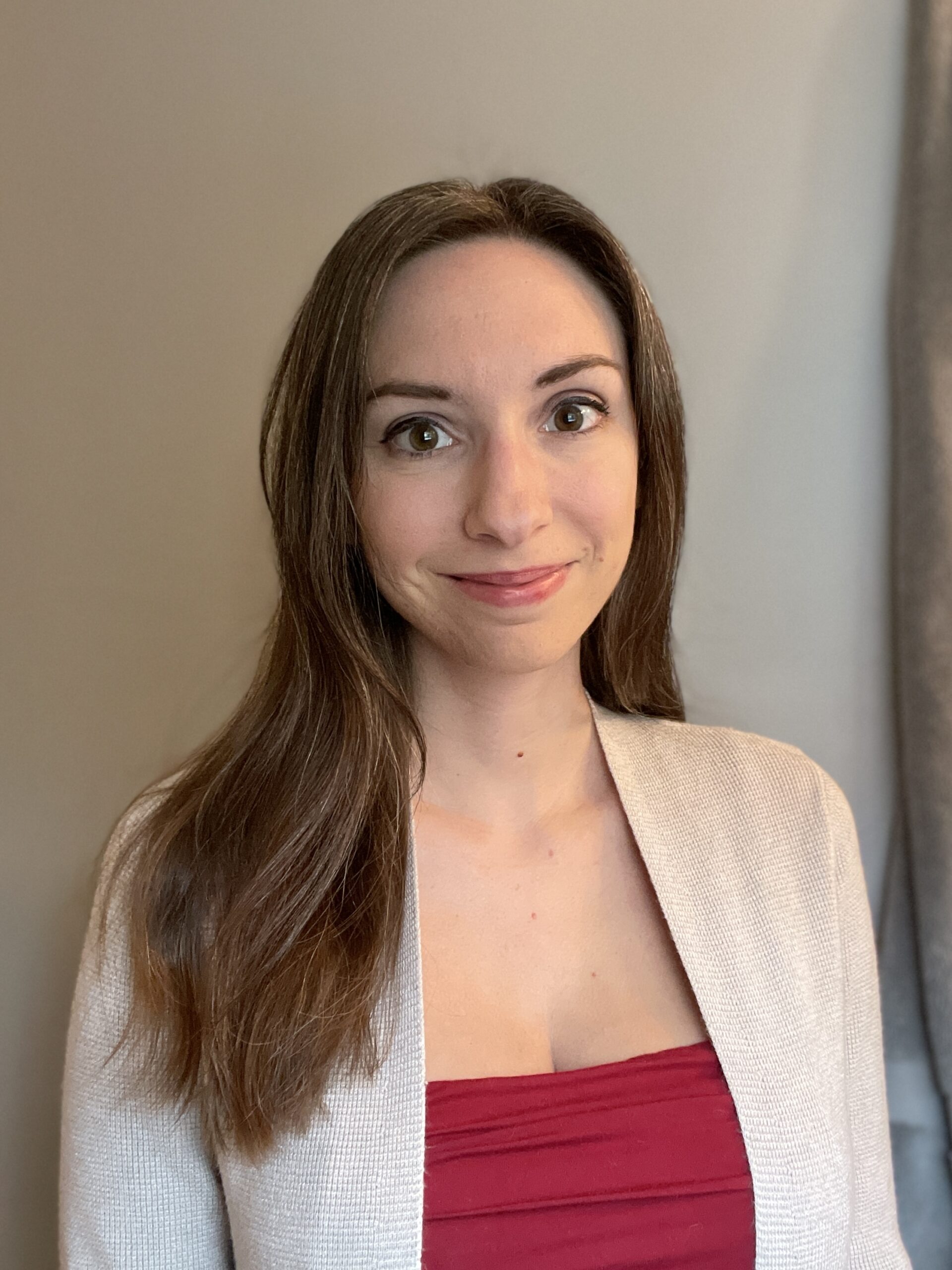In May 2019, I survived deep vein thrombosis (DVTs) and three pulmonary emboli (PEs) following a laparoscopic surgery for endometriosis. During prior surgeries, I had stopped estrogen-based therapy due to clotting risks, but this time my surgeon ignored my concerns and insisted that I double my dose.
Just days after the procedure, I developed a constant, deep pain in my arm that sent me to the ER. There, I was diagnosed with a DVT that quickly progressed into multiple pulmonary emboli.
The physical recovery was grueling, but the emotional recovery was even harder. My surgeon abruptly cut off contact with me; his words were that I had “made him look bad.” I was left to navigate this life-altering crisis on my own until I found a compassionate hematologist who built a new team of specialists to help manage both my clotting disorder and my endometriosis.
After testing, I was diagnosed with factor V Leiden, a genetic mutation that makes my blood more prone to clotting. To reduce my risk of future clots, I must remain on lifelong anticoagulation.
Managing endometriosis alongside this condition has been uniquely complex, since most women with clotting disorders cannot take estrogen. My case has required a careful balancing act between clot prevention and symptom control. Over the past five years, I’ve faced complications ranging from severe bleeding and pericardial effusion to bowel obstructions, migraines, and surgical risks that make even routine procedures, like dental work, far more dangerous.
I’ve learned the importance of self-advocacy in medicine, the value of finding the right care team, and how to pursue things that really matter in life. My advice to others is to trust your instincts, speak up when something doesn’t feel right, and never be afraid to advocate loudly for your own health.
Resources
Hospitalization and Surgery
Factor V Leiden
Psychological Impact of Blood Clots




